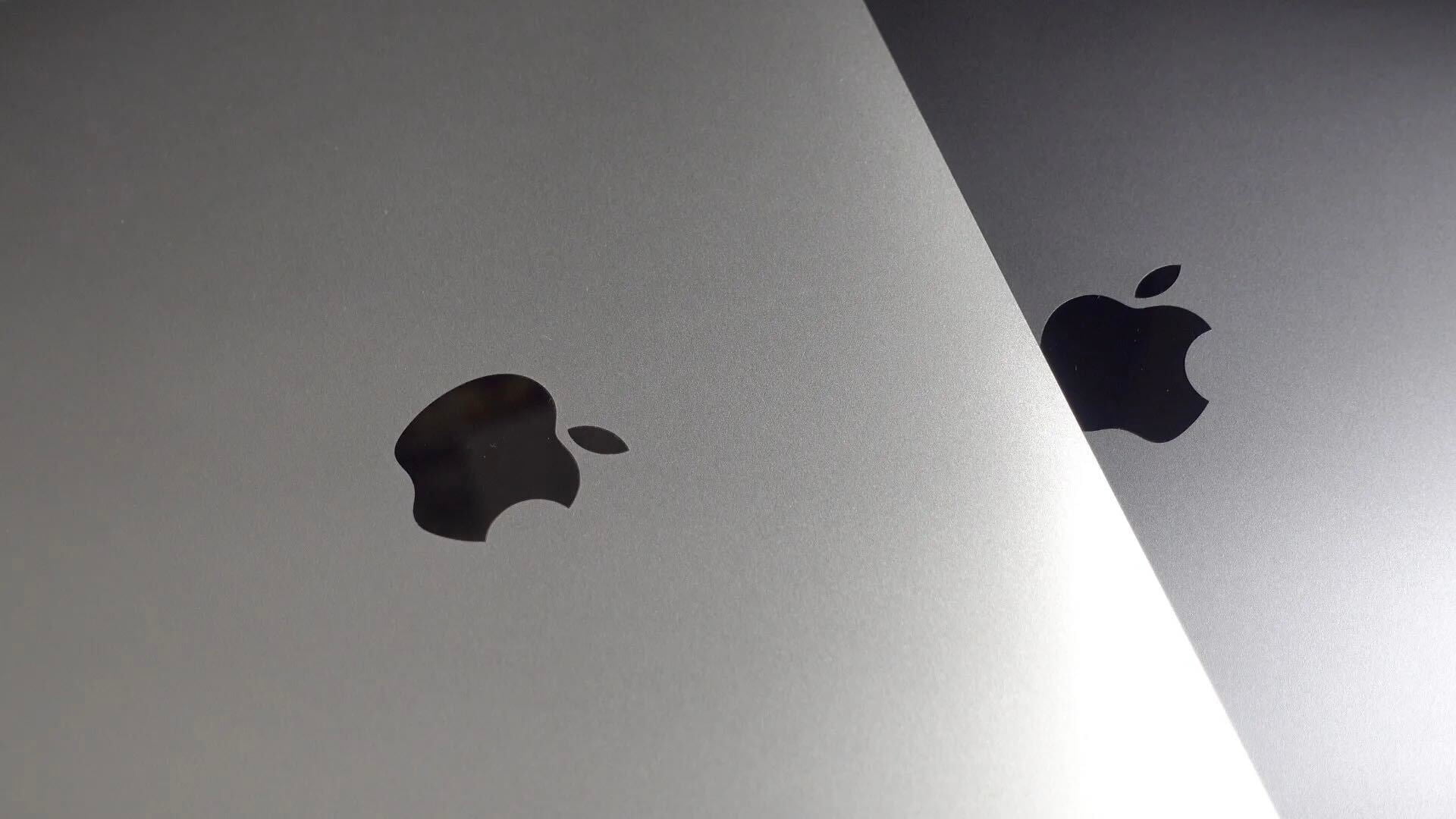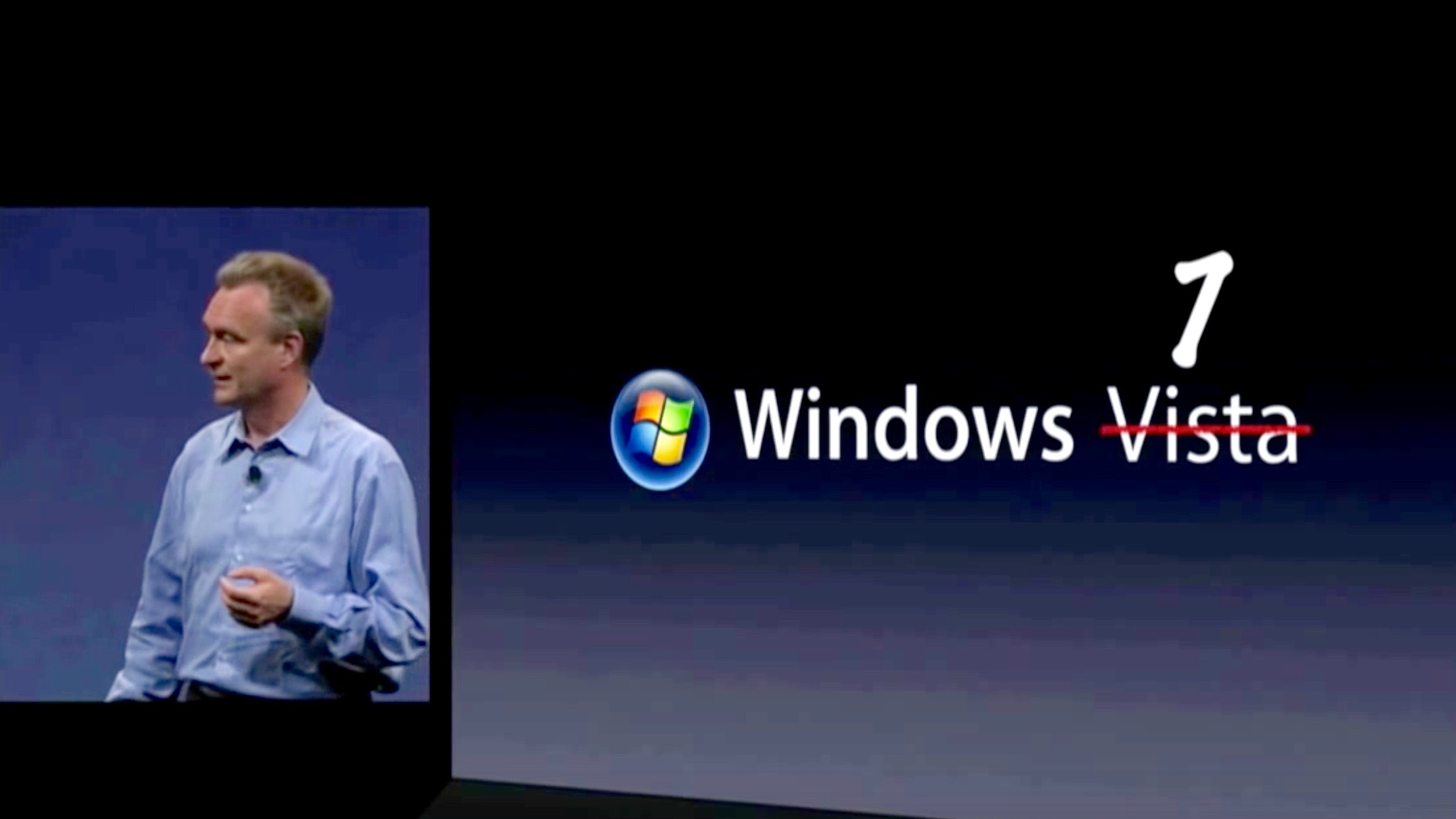
In March 2011, Apple officially announced that Mac OS X chief Bertrand Serlet would leave Apple after 22 years with Steve Jobs at NeXT and Apple. At the time of the announcement, Serlet said he wanted “to focus less on products and more on science,” but we did not have any other information on what was in the cards for the man Apple credited with the “definition, development and creation of Mac OS X.”
Today, BusinessInsider reported on what Serlet has in the works:
Business Insider has learned that Serlet has spent much of the time since his departure from Apple working with at least two other former Apple employees to launch a cloud computing startup in downtown Palo Alto called Upthere
Some of these job postings also allude to the fact that the startup was founded by high-profile ex-Apple employees.
We have since learned that this is a reference to Serlet (the brains behind Mac OS X) and Roger Bodamer, a former VP of product operations and development at Apple who previously worked at Oracle.
Based on the job postings we’ve seen, it’s clear the startup is looking to rethink the way people store files in the cloud, though just how this service will compare to options like Dropbox or Apple’s own iCloud feature remains unclear.







